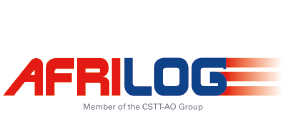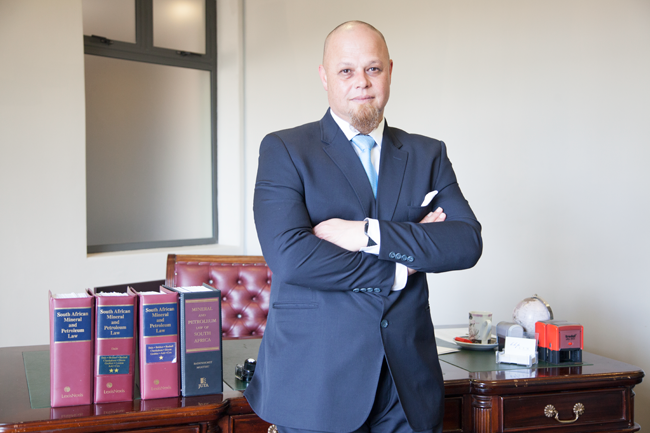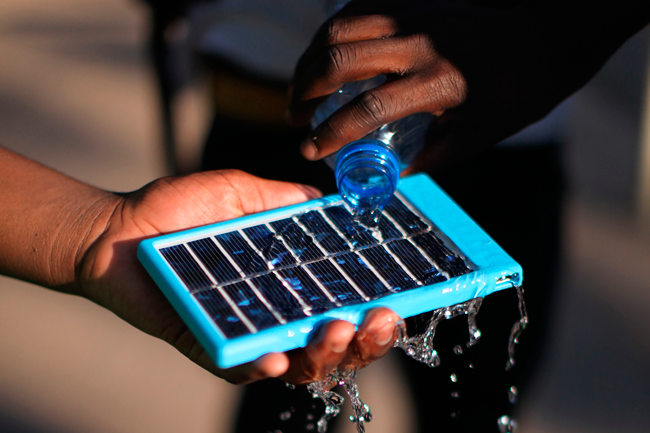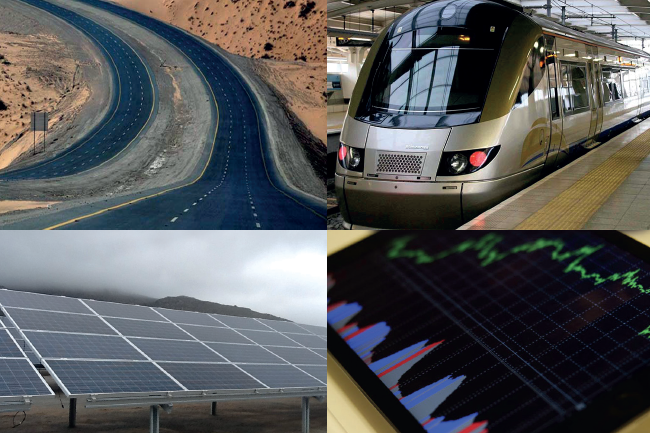Afrilog provides comprehensive supply management and inventory management services to not only meet but also anticipate the demands of the group’s highly specialised clientele, which includes mining and industrial companies.
70 YEARS AS A TOP 10 TRANSPORT COMPANY
Afrilog belongs to the CSTT-AO group of companies, which has been involved in logistics in West Africa for almost 70 years and ranks among the top 10 transport firms in the region, under the leadership of chairman and CEO, Lamine Gueye.
The CSTT-AO group of companies shares a common goal to be the leading independent African service provider, specialising in supply chain management and integrated logistics solutions, operating globally.
A COMPLETE END-TO-END SOLUTION FOR THE CONTINENT
It is through this shared vision, as well as the extensive experience of the Afrilog team on the African content, that they are able to provide a complete solution that focuses on:
- Providing an international, integrated procurement and logistics solution for the inland, ocean and air transportation of containerised, break-bulk, hazardous and dimensional heavy-lift project cargo around the world
- Offering end-to-end management of the supply chain, including warehouse management
- Ensuring the seamless movement of cargo across the continent, made possible through sound relationships with reputable agents and extensive worldwide operational experience on the best practices to employ in receiving and routing consignments to project sites.
The company adds value to clients operating in unfamiliar territory by:
- Accessing remote areas of Africa
- Navigating the lay of the land
- Getting the right equipment or cargo, to the right place, in a timely and cost-effective manner.
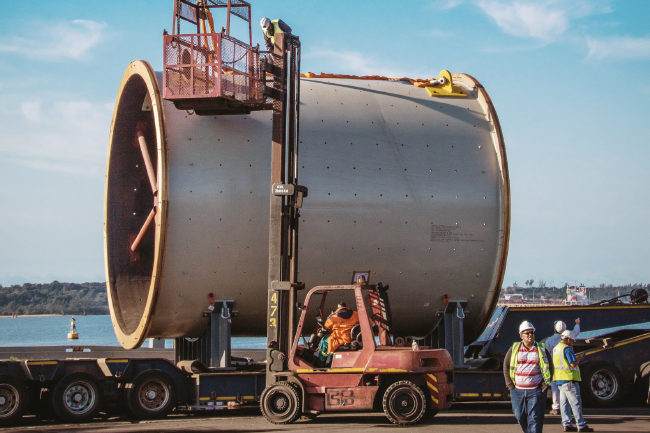
CORE SERVICE OFFERING
Procurement
Afrilog’s world-class strategic procurement infrastructure delivers cost-effective and efficient business processes.
The company partners with reputable local suppliers to help businesses prosper and gain a competitive advantage in an uncertain landscape. In the absence of the required local skills, Afrilog also procures appropriate international talent and assists clients to establish a presence in Africa.
Logistics solutions and services
Afrilog ensures the safe and efficient movement of goods.
Groupage services
Afrilog offers international groupage consolidation services by air, sea and road, which ensures cost-effective and secure solutions to both small and large shipments.
Their other groupage services include freight forwarding, freight negotiations and charter sourcing.
Consulting and support services
Afrilog integrates their systems with their clients’ existing infrastructures, allowing concurrent real-time access to the tracking and tracing of goods.
Underpinning all of their offerings is comprehensive project management as well as world-class customer service. The company is driven to meet and exceed their clients’ expectations.
EXTENSIVE LOCAL EXPERIENCE FOR SEAMLESS SOLUTIONS
Afrilog has a wealth of local experience that enables a seamless supply-chain management solution, moving cargo from global suppliers to the project site. Their global footprint allows them to offer the widest possible supply chain solutions for their clients.
Their head office is based in Johannesburg, South Africa, where client relations are managed on a global scale. Several offices have also been established throughout Africa, France and Belgium.
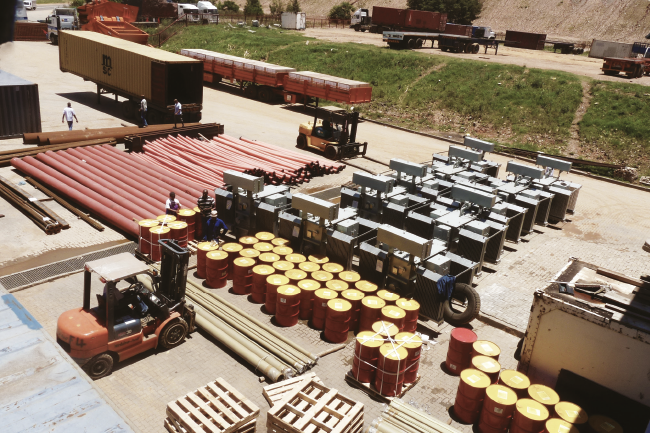
A PREMIUM STORAGE AND DISTRIBUTION CENTRE FOR WEST AFRICA
A sound understanding of the African continent and the challenges faced by many of their clients’ operations in West Africa led to Afrilog creating what is known today as the African Logistics Platform.
The platform is every supplier’s answer to having an in-country presence in West Africa – bringing suppliers and their products closer to their clients and thereby, reinforcing the capacity of the supply chain.
Situated on the border of Senegal and Mali, the African Logistics Platform is a premium storage and distribution facility for suppliers and manufacturers within the mining and heavy industries and affiliates.
With a 5 000 m2 consumables warehouse and a 2 000 m2 open storage facility built to international standards, the African Logistics Platform provides suppliers with an in-country presence to supply and move stock speedily.
LET AFRILOG TAKE CARE OF YOUR NEEDS
Contact Afrilog to streamline your business, reduce costs and expedite your success. For more information on how Afrilog can do so through cost-effective business solutions, visit www.afrilog.com today, where you will also be able to read more on their successful client case studies and referrals.
Testament to Afrilog’s excellent service is the following comment from Ken Green, group supply manager of Randgold Resources: ‘An appreciation for and identification of our needs, together with a passion to achieve excellence, sets Afrilog in a league of their own as a service provider, and serves to cement a relationship that has lasted for many years, and will continue to do so.’

